 Department of Chemistry
Department of Chemistry
-
About
-
Research
-
Academics
-
People
-
Board
Seminar
Seminar
-
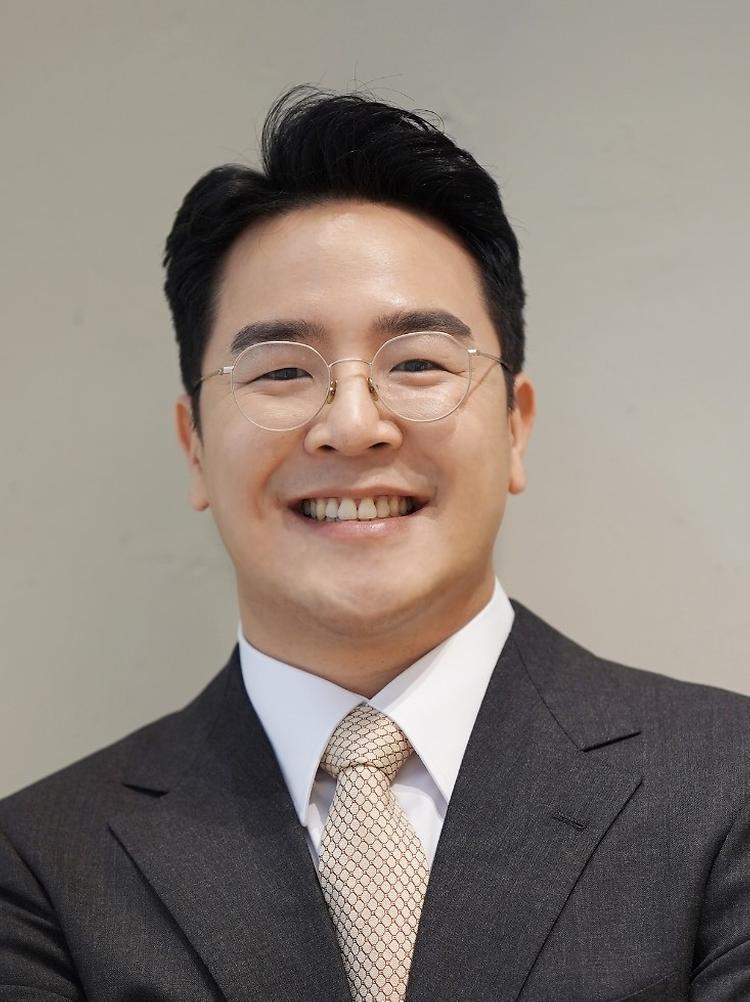
Opto-electronic Sensor via N/MEMS for monitoring nano/biomaterials
 2023년 6월 8일(목)오후 4시 30분
2023년 6월 8일(목)오후 4시 30분 330226호실
330226호실
- POSTED DATE : 2023-06-02
- WRITER : 화학과
- HIT : 1859
-
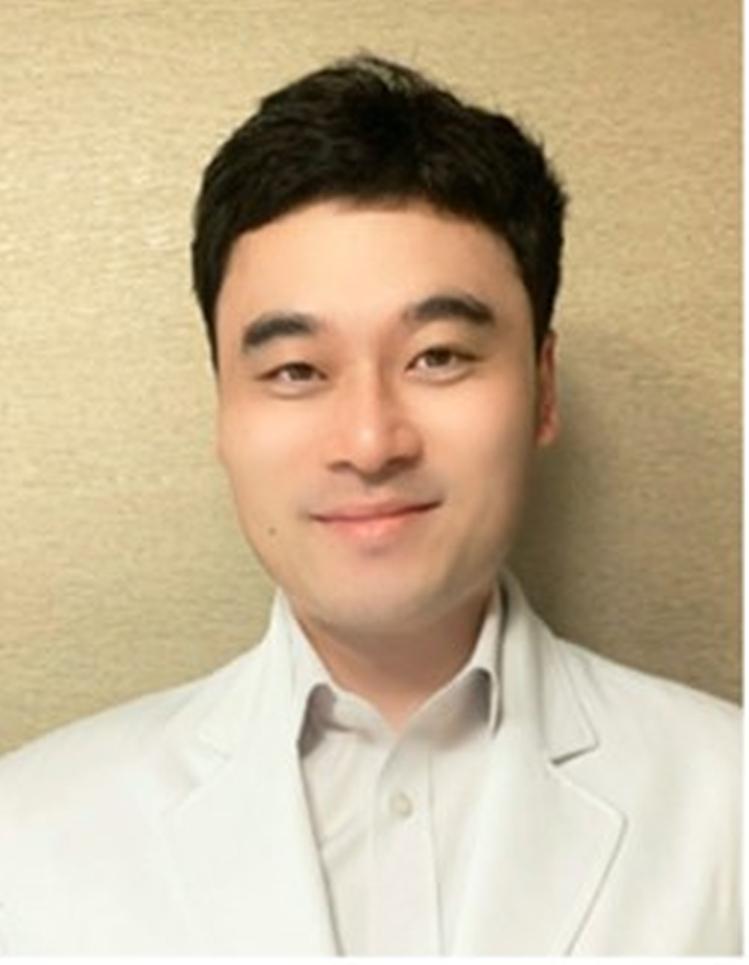
실리콘-기반 혁신 의료소재 개발 및 이의 임상학적 응용
 2023년 6월 1일(목)오후 4시 30분
2023년 6월 1일(목)오후 4시 30분 330226호실
330226호실
- POSTED DATE : 2023-05-23
- WRITER : 화학과
- HIT : 1721
-
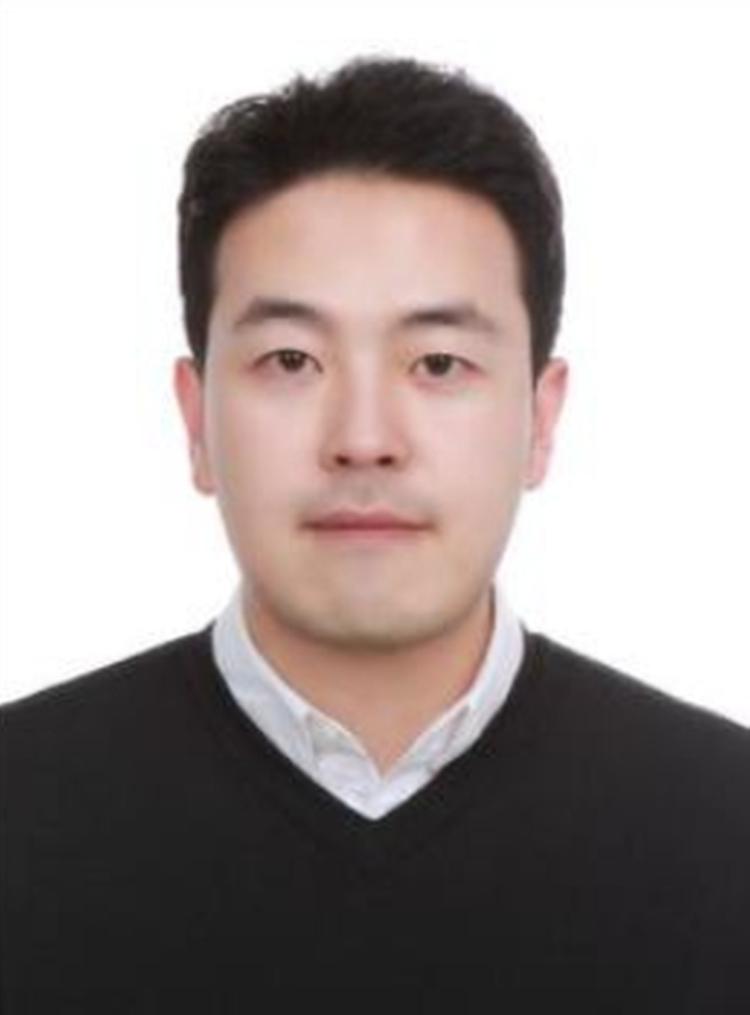
Functional Nanomaterials for Healthcare Applications
 2023년 5월 25일(목)오후 4시 30분
2023년 5월 25일(목)오후 4시 30분 330226호실
330226호실
- POSTED DATE : 2023-05-19
- WRITER : 화학과
- HIT : 1864
-
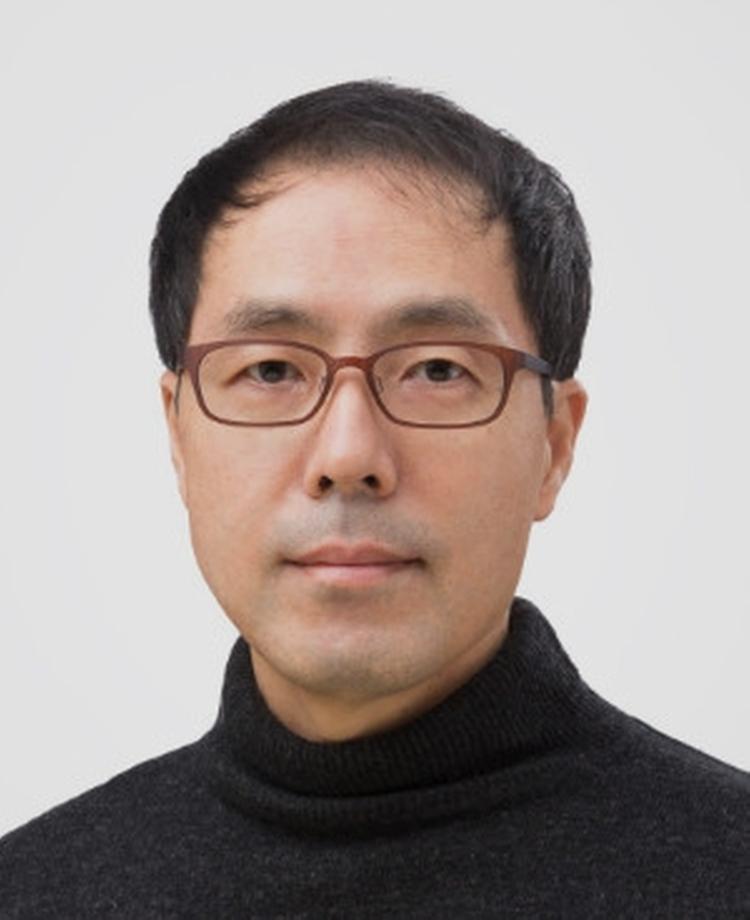
Single photon interferometry and wave-particle duality
 2023년 5월 22일(월)오후 4시 30분
2023년 5월 22일(월)오후 4시 30분 330126호실
330126호실
- POSTED DATE : 2023-05-15
- WRITER : 화학과
- HIT : 1870
-
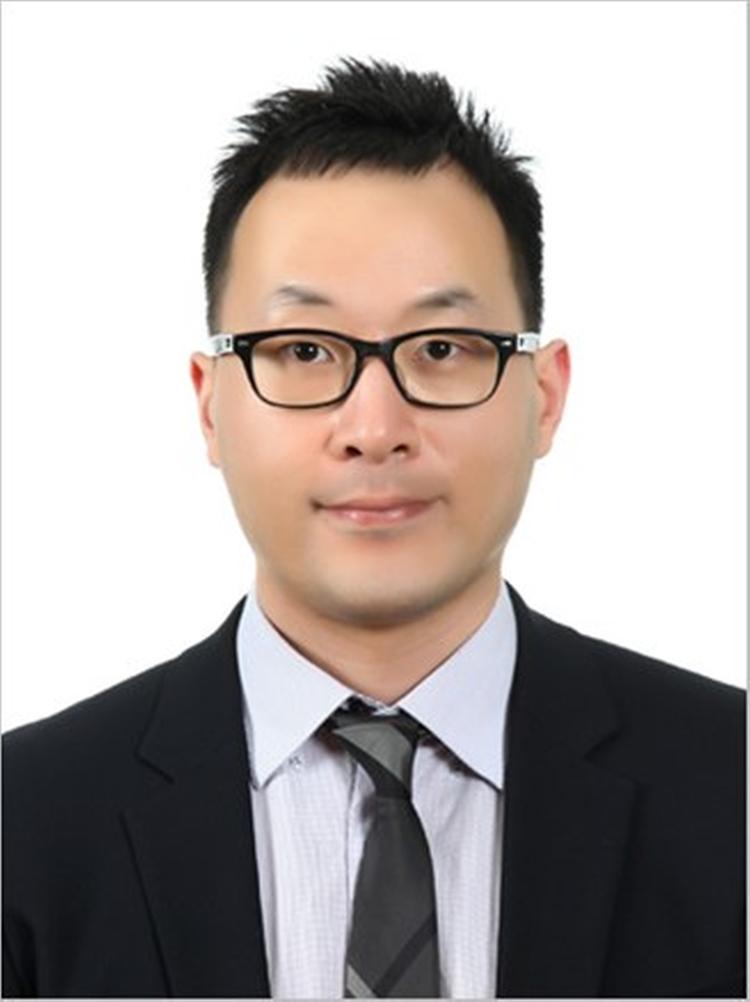
Chimeric T Cells and Macrophages: Cell Engineering to Expand Their Therapeutic Potentials
 2023년 5월 18일(목)오후 4시 30분
2023년 5월 18일(목)오후 4시 30분 330226호실
330226호실
- POSTED DATE : 2023-05-12
- WRITER : 화학과
- HIT : 1816
-
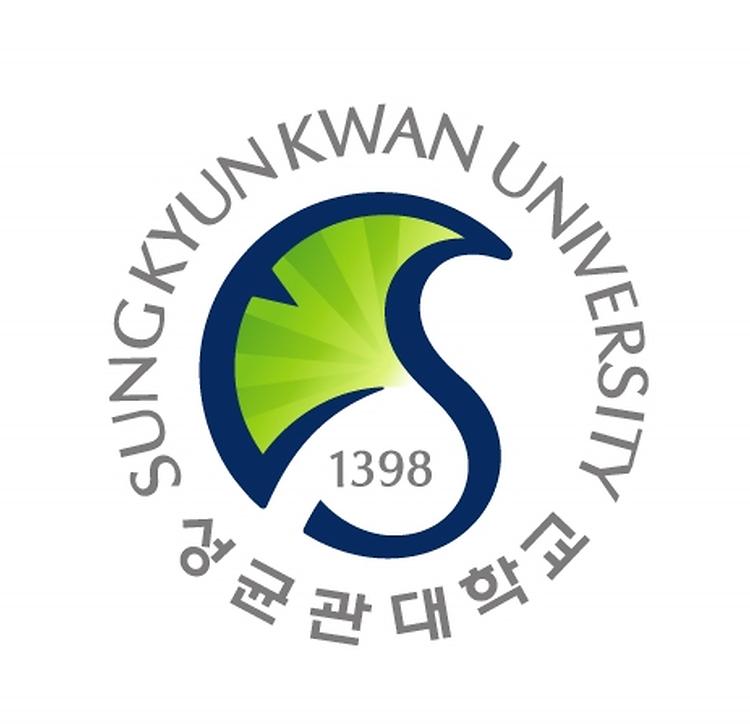
Single-Electron Oxidation-Induced Chemical Transformations: Carbon–Carbon Bond Formation and Selective Oxaziridine Rearr
 2023년 5월 11일(목)오후 4시 30분
2023년 5월 11일(목)오후 4시 30분 330226호실
330226호실
- POSTED DATE : 2023-05-04
- WRITER : 화학과
- HIT : 1917
-
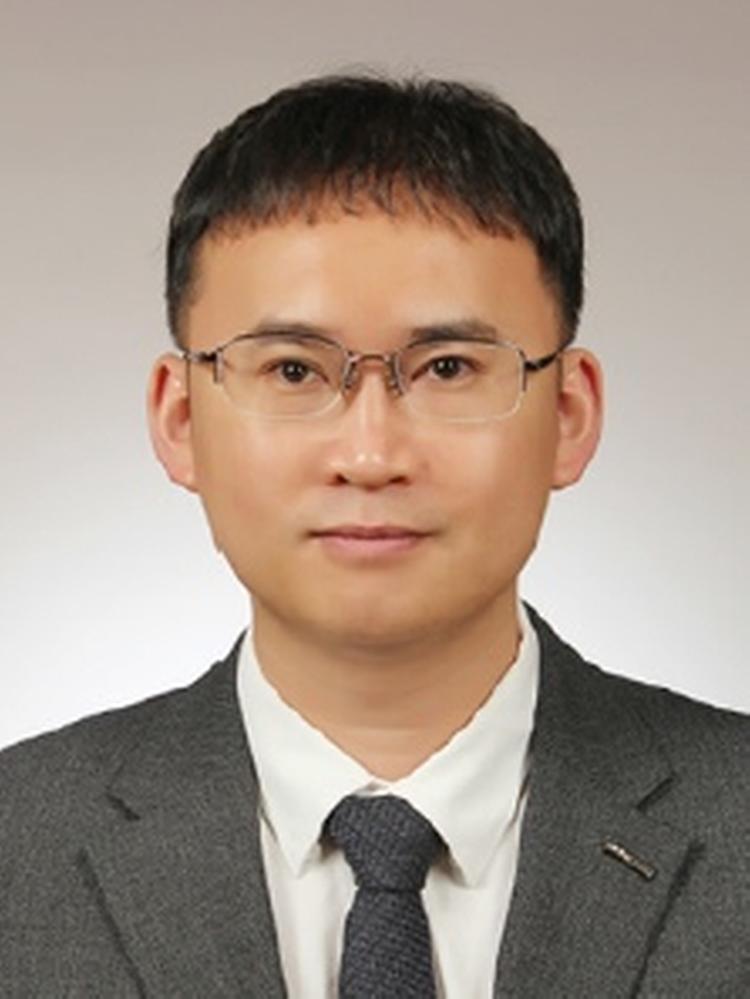
Electrocatalytic CO2 conversion technology for valuable chemical production
 2023년 5월 4일(목) 오후 4시 30분
2023년 5월 4일(목) 오후 4시 30분 330226호실
330226호실
- POSTED DATE : 2023-04-27
- WRITER : 화학과
- HIT : 1877
-
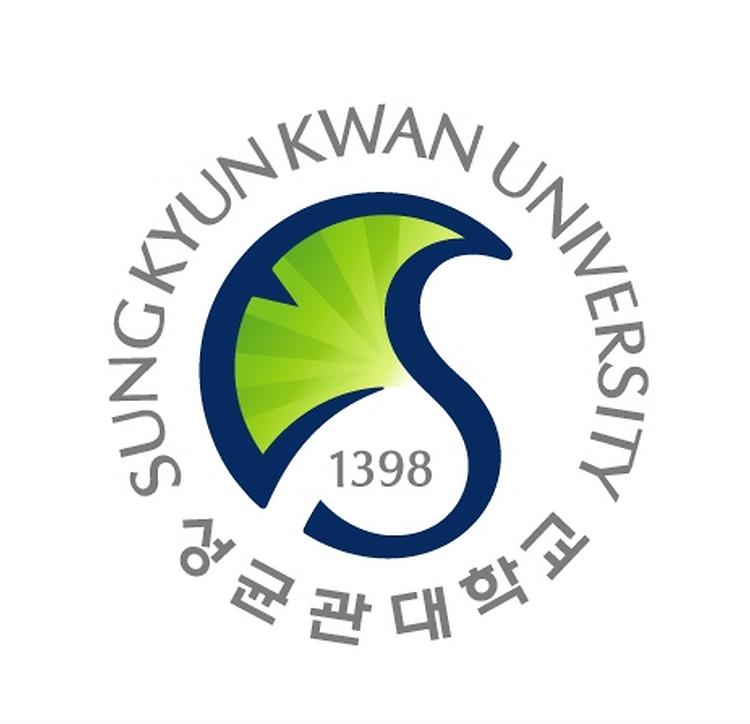
화학과 선배가 들려주는 진로 이야기:전기 자동차 시장의 태동과 배터리 산업의 성장
 2023년 4월 20일(목) 오후 4시 30분
2023년 4월 20일(목) 오후 4시 30분 330226호실
330226호실
- POSTED DATE : 2023-04-17
- WRITER : 화학과
- HIT : 2481
-
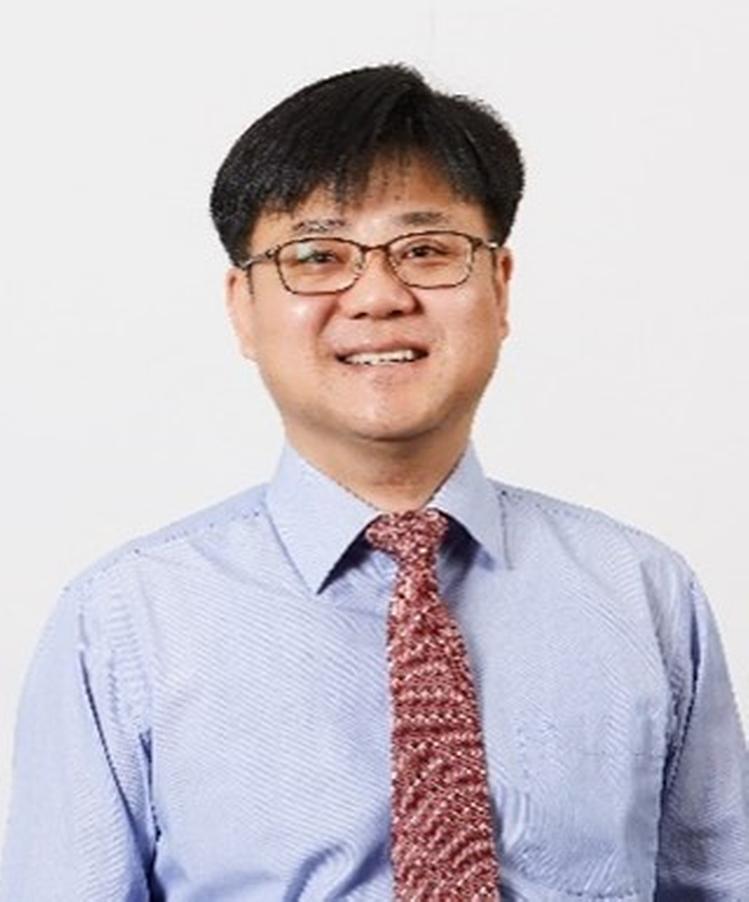
Pressure enabled organic reactions via confinement between graphene layers
 2023년 4월 13일(목) 오후 4시 30분
2023년 4월 13일(목) 오후 4시 30분 330226호실
330226호실
- POSTED DATE : 2023-04-13
- WRITER : 화학과
- HIT : 1868
-
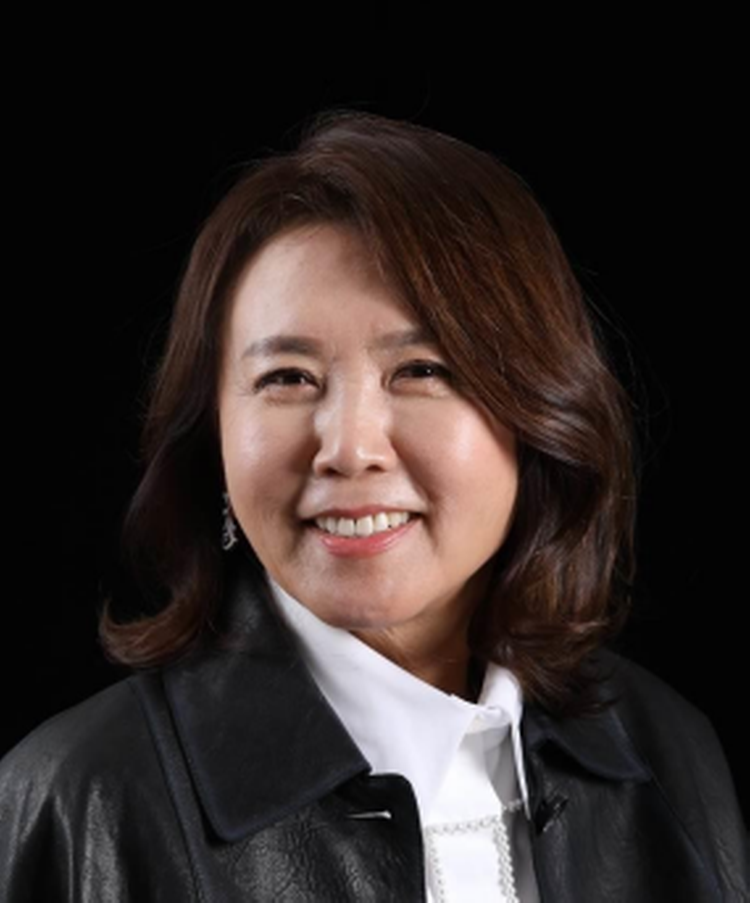
[Plenary Seminar] 조서윤 대표님
 2023년 4월 6일(목) 오후 4시 30분
2023년 4월 6일(목) 오후 4시 30분 330118호실
330118호실
- POSTED DATE : 2023-04-04
- WRITER : 화학과
- HIT : 1825
 발전기금
발전기금



